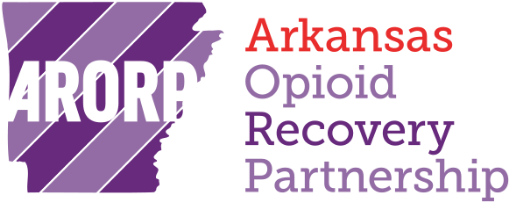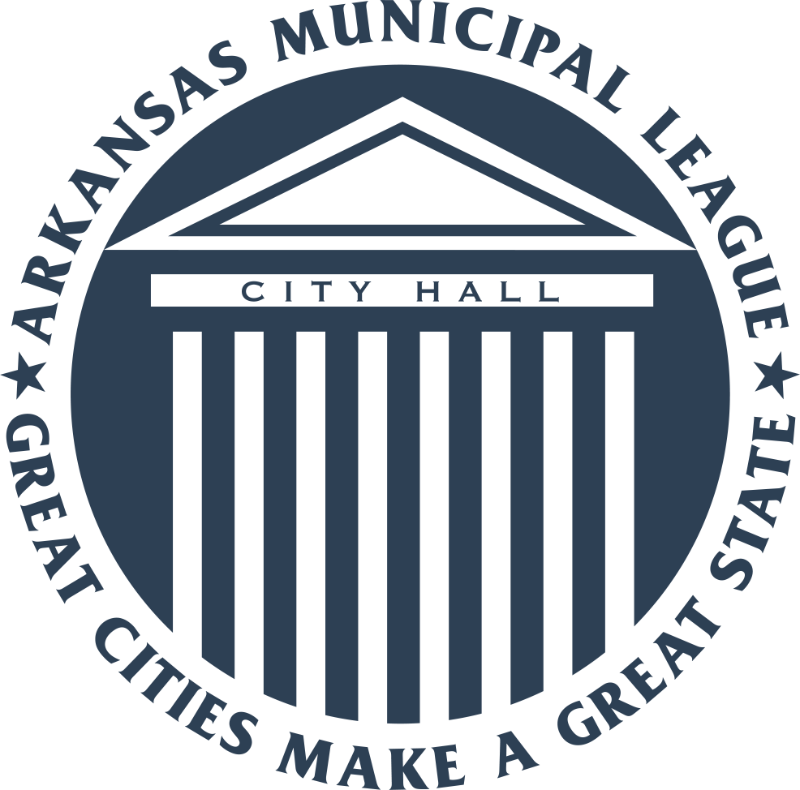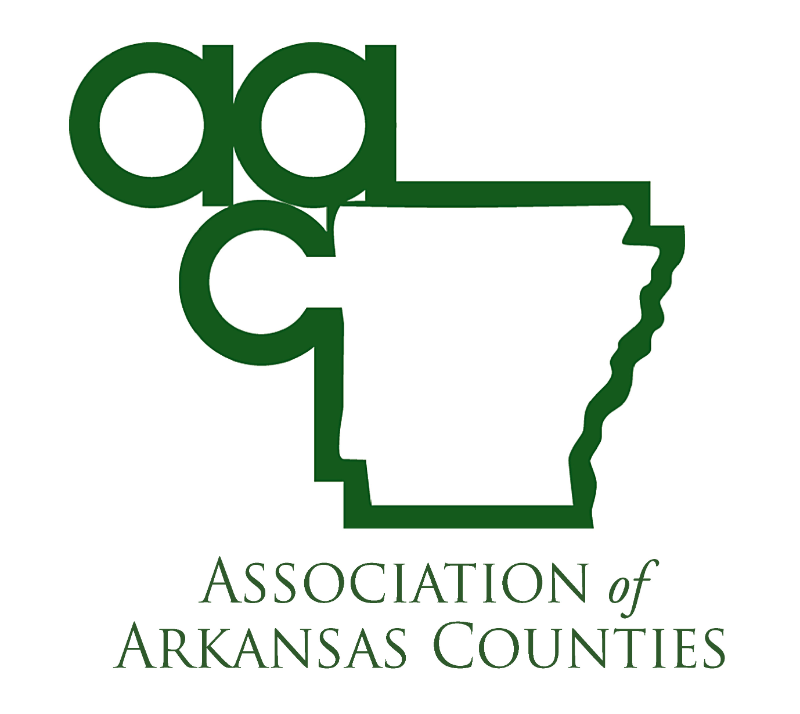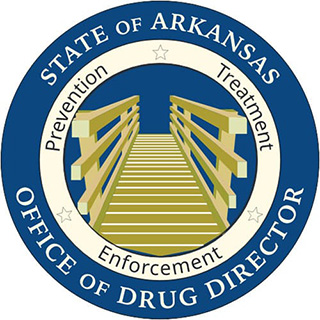Arkansas attorneys back the quickest option for Purdue Pharma opioid payout
The ongoing bankruptcy case of Purdue Pharma, the Sackler family’s infamous OxyContin mill that launched a national opioid epidemic, is moving slowly.
On Monday, the Arkansas Opioid Recovery Partnership filed a brief in federal court in hopes of speeding it along to secure roughly $50 million, the state’s share of a Purdue payout. The Arkansas Opioid Recovery Partnership includes city and county governments, and its mission is to put settlement money into the hands of on-the-ground, local-level opioid abatement efforts.
Most of the settlement money the Arkansas partnership dispersed so far came from distributors and manufacturers of prescription opioids. Retailers including CVS, Walgreens and Walmart are expected to begin paying their shares this year.
But a good chunk of the settlement funds due will come from Purdue, and that money has been locked up in bankruptcy since 2019. Short on cash and assets, Purdue can’t come through with the billions it owes state and local governments. A 2021 plan would allow the Sackler family, who extracted billions from the family business over the years, to chip in $4.5 billion toward the settlement in exchange for civil immunity.
“The Sackler family, who is not in bankruptcy, have agreed to contribute billions to Purdue so there’s money to pay now,” attorney Colin Jorgensen explained. An attorney for the Association of Arkansas Counties, Jorgensen and Arkansas Municipal League attorney John Wilkerson filed a 27-page brief Monday urging the courts to stick with the plan on the table and allow the Sacklers to contribute.
Critics of the 2021 plan say the Sacklers should not be allowed to buy themselves immunity, and that allowing them to do so sets a precedent, allowing other wealthy people to buy their way out of lawsuits in the future. In August, a federal judge put a hold on the plan to let the Sacklers contribute to Purdue’s debt, and the U.S. Supreme Court is expected to hear oral arguments on the issue in December.
If the deal agreed upon in 2021 gets thrown out, Purdue would become a publicly traded company whose revenue, over time, would trickle toward fulfilling the settlement.
Arkansas could really use that money now, Jorgensen said.
The brief filed Monday asks judges to move with “utmost alacrity,” and provided statistics to help make the case.
Read the brief of amici curiae here.



